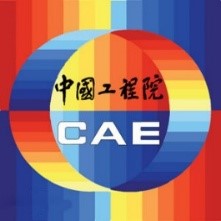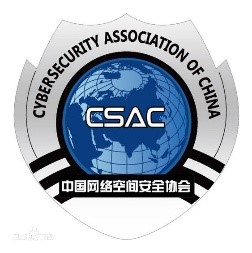The First International Workshop on Information Diffusion in Social Networks
SCOPE
A great deal of research interest in the area of information diffusion in social networks has arisen since the emergence of social media sites. The process of diffusion of various types of information, like a news story, video, picture, or message, is described as a contagion that spreads from node to node like an epidemic. Analyzing and modeling the underlying mechanisms of information diffusion, and eventually predicting and monitoring diffusion outbreaks, are of paramount importance since doing so not only helps optimize online marketing, caching, and searching strategies, but also stops the spread of rumors and enhances trust and security applications.
Most research studies information diffusion from a microscopic perspective and focuses on how a node in a network is exposed to a piece of information, who infects this node, and whom this node will infect next, so that this piece of information spreads from one node to another over the edges of the network. There also exists a macroscopic perspective in the study of information diffusion, which focuses on areas such as how the popularity (number of infected nodes) of information evolves over time, or when diffusion bursts and fades.
This workshop aims to increase understanding of the mechanisms of information diffusion in both micro- and macro-scale levels and to engender cross-fertilization of ideas between these two levels. We encourage contributions pushing the state of the art in all facets of information diffusion in social networks.
WORKSHOP AREAS
Topics of interest include but not limited to:
1. Information diffusion analysis and modeling
2. Diffusion source identification and locating
3. User behavior and influence analysis in diffusion
4. Network structure and community evolution analysis in diffusion
5. Popularity evolution analysis and prediction
6. Topic evolution tracking and modeling
7. Classification, ranking and recommendation in diffusion
PAPER SUBMISSION
Paper submissions should be formatted according to the IEEE DSC Conference instructions. The review process is single-blind peer review (reviewers are anonymous, but authors are not). Papers that have been published elsewhere, are currently under review, or will be submitted to other meetings or publications while under IDSN review should not be submitted to IDSN. To submit a paper, please send a PDF version of your paper to (yinghu@xs.ustb.edu.cn). We also welcome attendance of those who do not wish to submit a paper. Best papers will be recommended to submit an extended version to a fast review track of ACM TOMM Journal.
IMPORTANT DATES
Full paper due: March 20, 2016
Acceptance notification: April 18, 2016
Camera-ready copy: April 23, 2016
Conference Date: June 13, 2016
ORGANIZATION
Steering ScientistsYan Jia, National University of Defense Technology, China
General Chair
Program Chair
Program Committee
Gail-Joon Ahn, Arizona State University, USA
Xu Jin, Peking University, China
Sun Chang-ai, University of Science & Technology Beijing, China
Wei-Tei Tsai, Arizona State University, USA
Hongxin Hu, Clemson University, USA
Shi Peng, University of Science & Technology Beijing, China
He Xiao, University of Science & Technology Beijing, China
Wu bin, Beijing University of Posts and Telecommunications, China
Di Ma, University of Michigan - Dearborn, USA
Dijiang Huang, Arizona State University, USA
Pan Li, Shanghai Jiaotong University, China
Yu Zhihua, Institute of Computing Technology, Chinese Academy of Sciences
Wu Xindong, University of Vermont, USA and Hefei University of Technology, China
Organizing Committee
Wenwen Xu, University of Science & Technology Beijing, China, xuwenwenustb@163.com
CONTACT US
yinghu@xs.ustb.edu.cn






